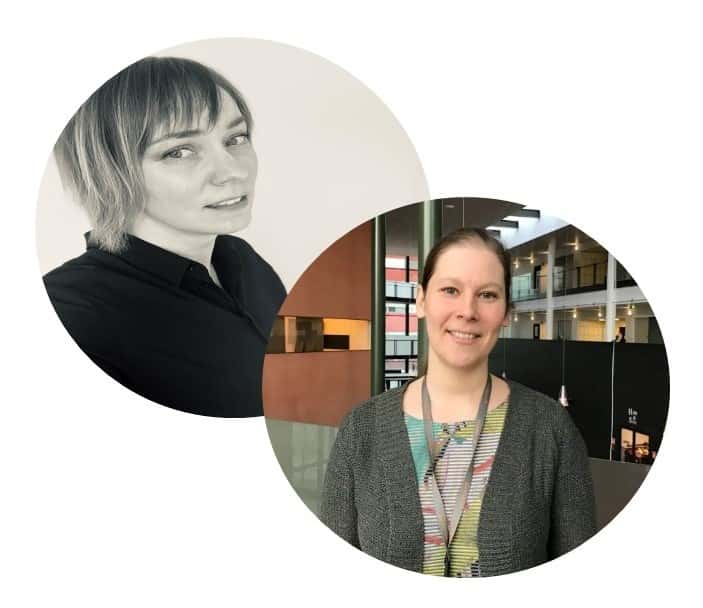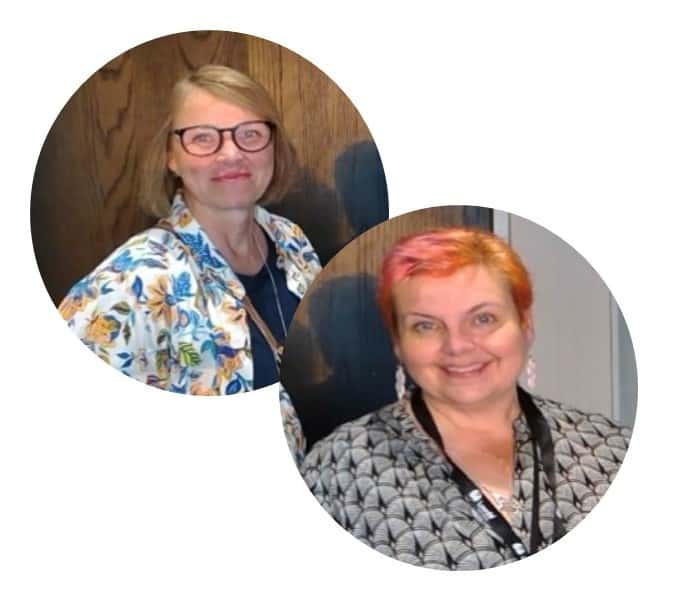Workshop Details-SUN
 |
Can we 'build' psychological safety in simulation?Christoffer Ericsson (Arcada UAS) |
What do we mean by accountability and psychological safety? How is that applicable to simulation? In this active team-based workshop, we will learn to understand their interplay in the context of simulation-based learning and teamwork, and we will further explore how we perceive psychologically safe (and unsafe) practices and behavior. This workshop will involve post-it notes and Lego-building.
 |
Using different types of digital media solutions in simulation pre-briefingYvonn Welander and Annette Granberg (Prakticum) |
Learning is about experiences and emotions. The more surprising and holistic the learning situations are, the easier it is to remember and reflect on the situation and information.
In pre-briefing, students are given information about what they need to know before participating in the scenario. Pre-briefing can be done in several different ways. Reading books and listening to lectures have been traditional ways, but why not use alternative, digital learning methods to complement them?
In this workshop you can be inspired to use different forms of digital media in the pre-briefing to enrich learning experiences and provide effective teaching options for the simulation exercise.
Peer learning as a tool for self-directed learning – Can we learn to learn together?Jessica Silfver and Niko Loimijoki (Arcada UAS) |
What do learners need to facilitate effective peer learning? In this workshop participants will be divided into groups and given a peer learning exercise to complete. After peer feedback has been given, we will reflect upon and discuss the elements of the exercise that contributed to learning, and those that may have impeded it.
We hope the participants will leave the workshop with new tools to prepare learners for taking ownership of their learning, feeling comfortable with self-directed learning, and giving and receiving feedback from their peers.
Organizational peer learning - Who is the expert?
Hannes Similä (The Länsi-Uusimaa Rescue Department) |
For an organization to promote lifelong learning and to maintain a high level of expertise, organizational learning is important. Utilization of peer-learning or peer instructive learning could possibly enhance competencies, performance improvements and behavioral change.
How do we transform the workplace to an attractive place for peer-learning and what could be the hindrances for this?
When learning with one’s peers or colleagues, who can be considered the teacher or expert, and who is the student or novice? Is it always obvious and do one need formal competencies to be able to teach others? Can we recognize our possible “Curse of knowledge” or other cognitive biases about learning?
In this reflective workshop we will work in groups in form of discussions and/or by solving small cases.
 |
Is simulating ethics ethical?Pernilla Stenbäck and Annika Skogster (Arcada UAS) |
We will demonstrate an ethical simulation case and reflect on what ethical dilemmas are suitable as simulation cases and how to consider the ethics for the participants. Is it okay to use stereotypical personalities in these kinds of simulation cases?
How to Implement VR into Simulation learning?Espen Henriksen (Laerdal Medical) |
This workshop provides a comprehensive introduction to integrating the VR learning environment into simulation-based education in healthcare and medicine. Aimed at educators, clinicians, and technology specialists, the session will equip participants with the knowledge and skills needed to effectively implement and utilize VR technology to enhance clinical training and education outcomes.
 |
Teaching objectives and learning outcomes around the Circle of LearningMichael Sautter (Laerdal Medical) |
In this session, we will start by exploring the concepts of teaching objectives and learning outcomes, and understand how assessments are integral to both. We will introduce the Circle of Learning framework, which provides a comprehensive approach to designing educational experiences. Participants will have the opportunity to practice writing teaching objectives and learning outcomes for each segment within the Circle of Learning. Finally, we will engage in a discussion on various methods to assess the stated learning outcomes effectively. We aim to equip you with practical skills and insights to enhance your educational strategies.
Towards a more impactful debriefing - Using recordings as part of the debriefingJuha-Pekka Laakso (Laerdal Medical) |
The objective of the workshop is to help participants understand the benefits of using recorded audio and video as part of debriefing discussions.
After attending the workshop, participants will:
Understand the potential of using recordings.
Recognize different layers within the recording.
Be able to discuss the strenghts and challenges of using recordings.
Be able to utilize recordings as part of learning conversation.